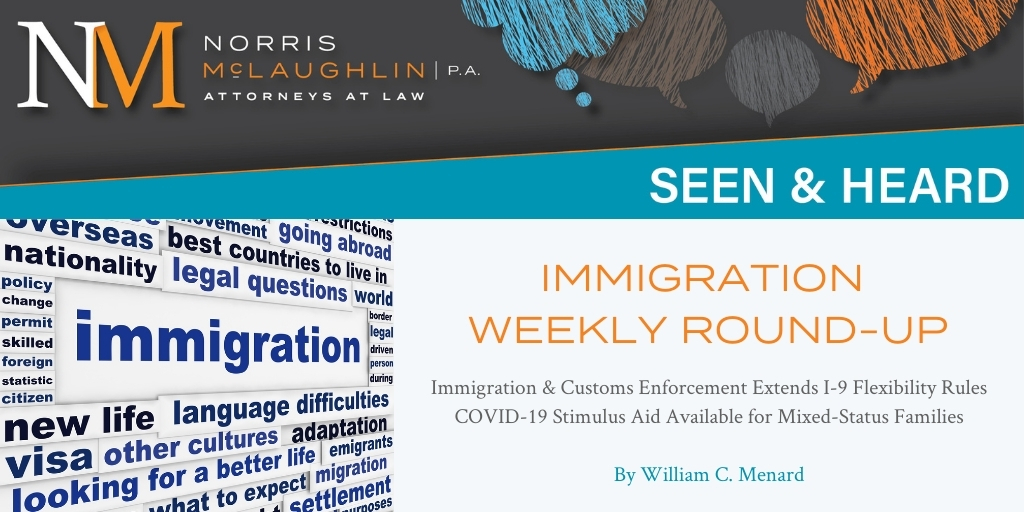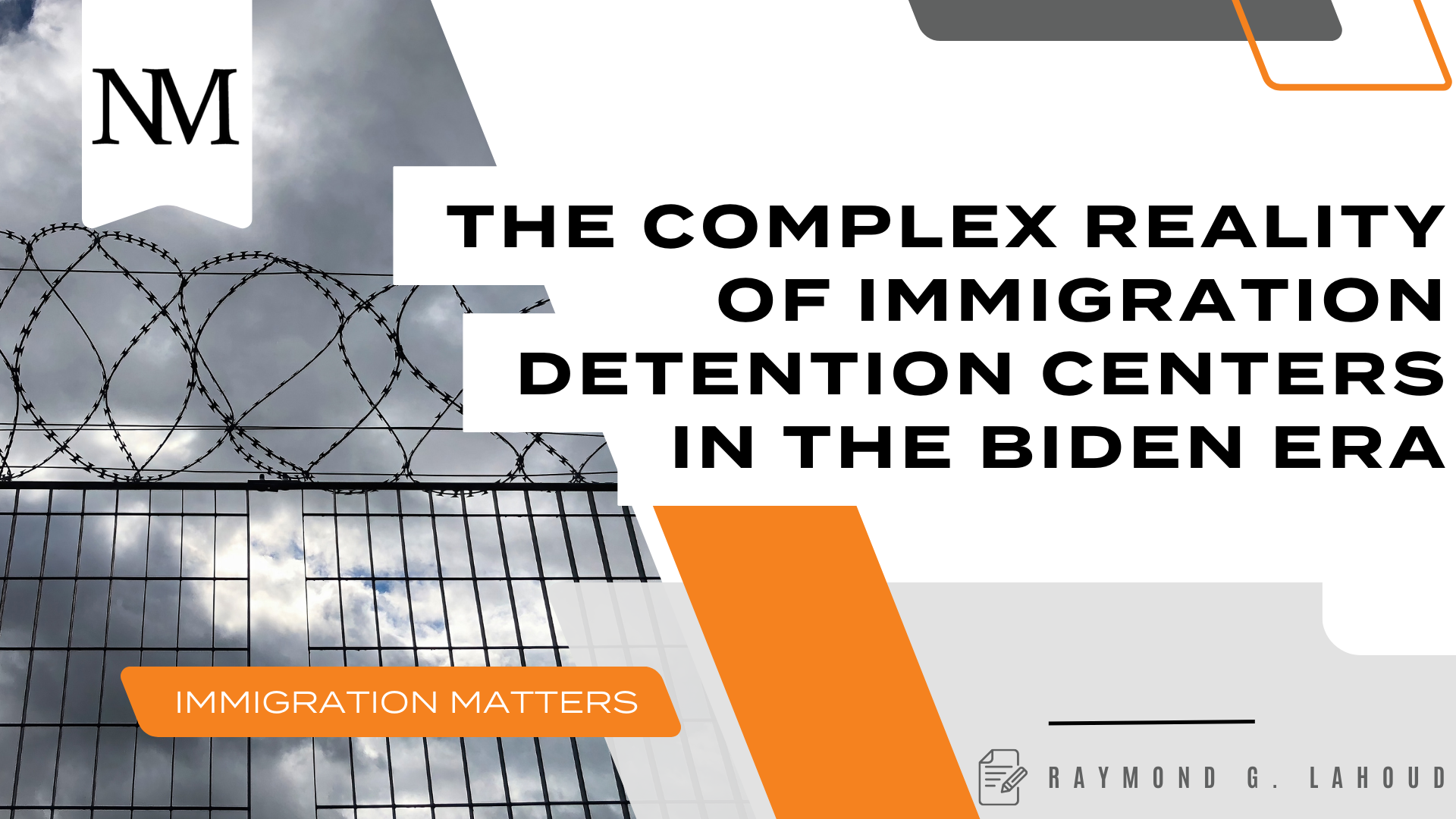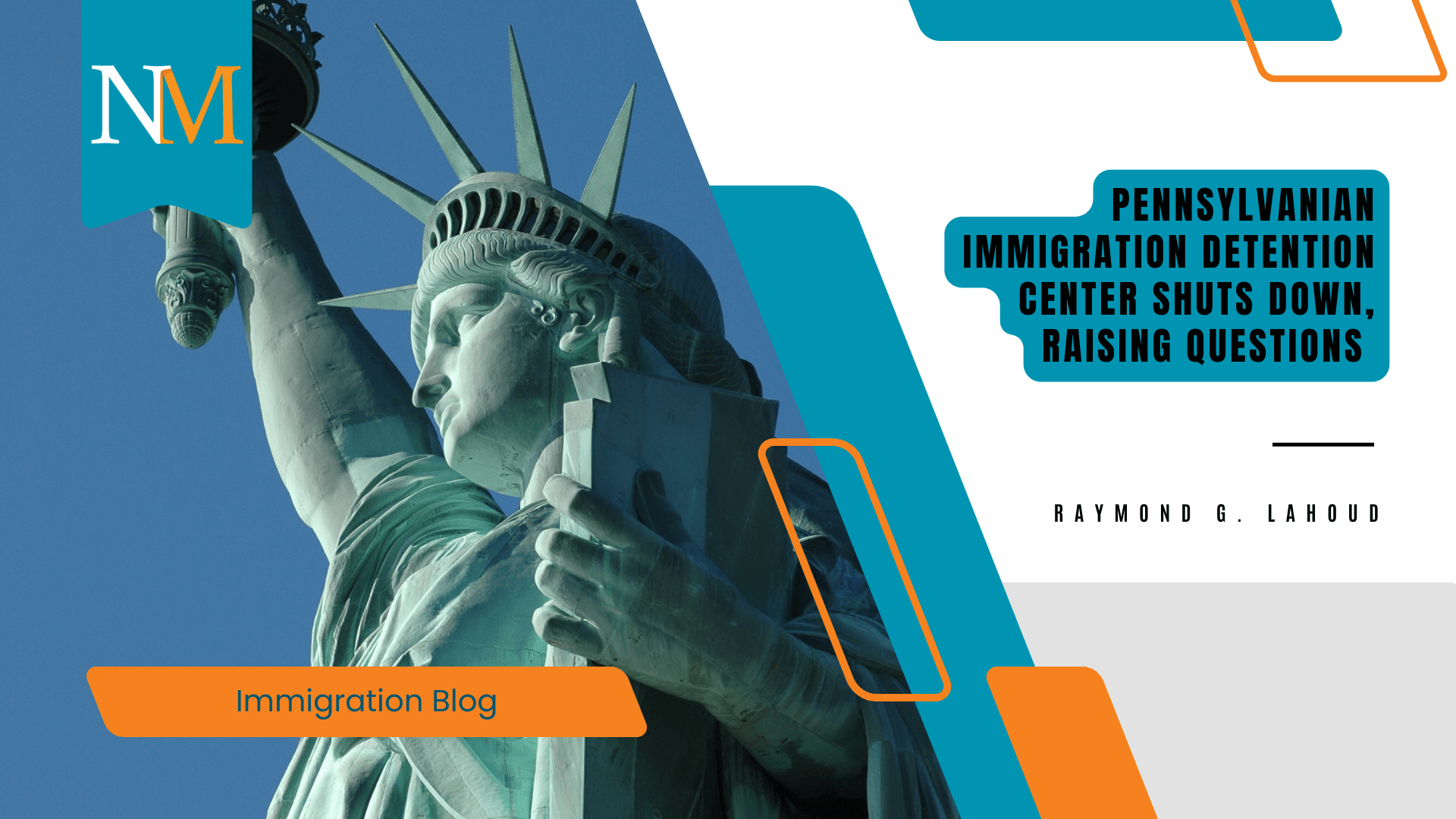Immigration Weekly Round-Up: Bipartisan Call for Border Oversight; Number of Immigration Children in Detention Doubles; Biden Introduces New Policy to Protect Afghans Who Helped U.S. During the War

Calls for Creation of Executive Position to Oversee Border Policy
In a bipartisan effort to address increasing immigration to the United States in recent months, South Carolina Republican Senator Lindsey Graham and Texas Democratic Congressional Representative Henry Cuellar have asked the Biden administration to create a new executive position that will specifically oversee U.S./Mexico border policy, particularly during the ongoing COVID-19 pandemic.
Senator Graham and Representative Cuellar suggested the appointment of former President Obama’s Secretary of the Department of Homeland Security, Jeh Johnson, to the role, highlighting that he oversaw immigration policies in 2014 when a similar spike in immigration at the U.S./Mexico border occurred. They also pointed to the health protocols he helped to implement in response to the Ebola epidemic.
This bipartisan push comes right as a federal court struck down the controversial decision of Texas Governor Greg Abbott to prohibit any transportation of people who have been detained at the U.S. border with Mexico, threatening the work of some nonprofit groups who have been helping to transport individuals during the detention process. The request from Graham and Cuellar may be seen as an effort to better balance both humanitarian and health and safety concerns at the border.
More Migrant Children in U.S. Border Patrol Custody
On August 1, 2021, the U.S. government announced that Customs and Border Protection (“CBP”) had physical custody of more than 2,200 unaccompanied immigrant children, amounting to more than twice the total number of children detained only one month ago. The rise in the number of unaccompanied minors is causing alarm for immigrant advocates, who state that the federal facilities are not appropriate for these children.
Most unaccompanied minors spent approximately 60 hours in the custody of CBP. While many of these children are Mexican citizens who are immediately returned to Mexico, others are subsequently transferred to other federal shelters, where there remain for much longer.
Apprehensions of families and single adults overall at the U.S./Mexico border are on pace to be the highest recorded this year, which U.S. Department of Homeland Security Official David Shahoulian indicated was causing a strain on government resources.
New Immigration Protections for Afghan Citizens Who Assisted the U.S. During War
In an effort to help protect Afghans who aided the U.S. during the war in Afghanistan, the U.S. Department of State announced on Monday new plans for a refugee program entitled “Priority Two,” which covers Afghans who had worked on U.S. projects and for U.S.-based organizations and media outlets. The program could potentially help many thousands of Afghans who are at risk of retaliation by the Taliban for having helped the U.S. during the war and applies to Afghans who otherwise do not qualify for a special visa covering only interpreters and a limited number of other workers employed directly by the U.S. government. Secretary of State Antony Blinken said that the United States “had an obligation to make sure that we are making good on our commitments to those who in particular put themselves on the line, their families on the line, to help us.”
However, this new policy face difficulties in its implementation. Once someone has applied for entry into the program, they would be contacted through email to know that they are in the U.S. government system and would need to exit Afghanistan to a third country and wait for more than a year for the case to be processed. State Department spokesman Ned Price recognized that “it is extremely difficult for Afghans to obtain a visa to a third country or in some cases to find a way to enter a third country” and that U.S. officials would continue to monitor the situation on the ground in Afghanistan and plans would evolve over time.
If you have any questions about this blog post or any other immigration concerns, please feel free to contact me at wcmenard@norris-law.com or 484-544-0022.




